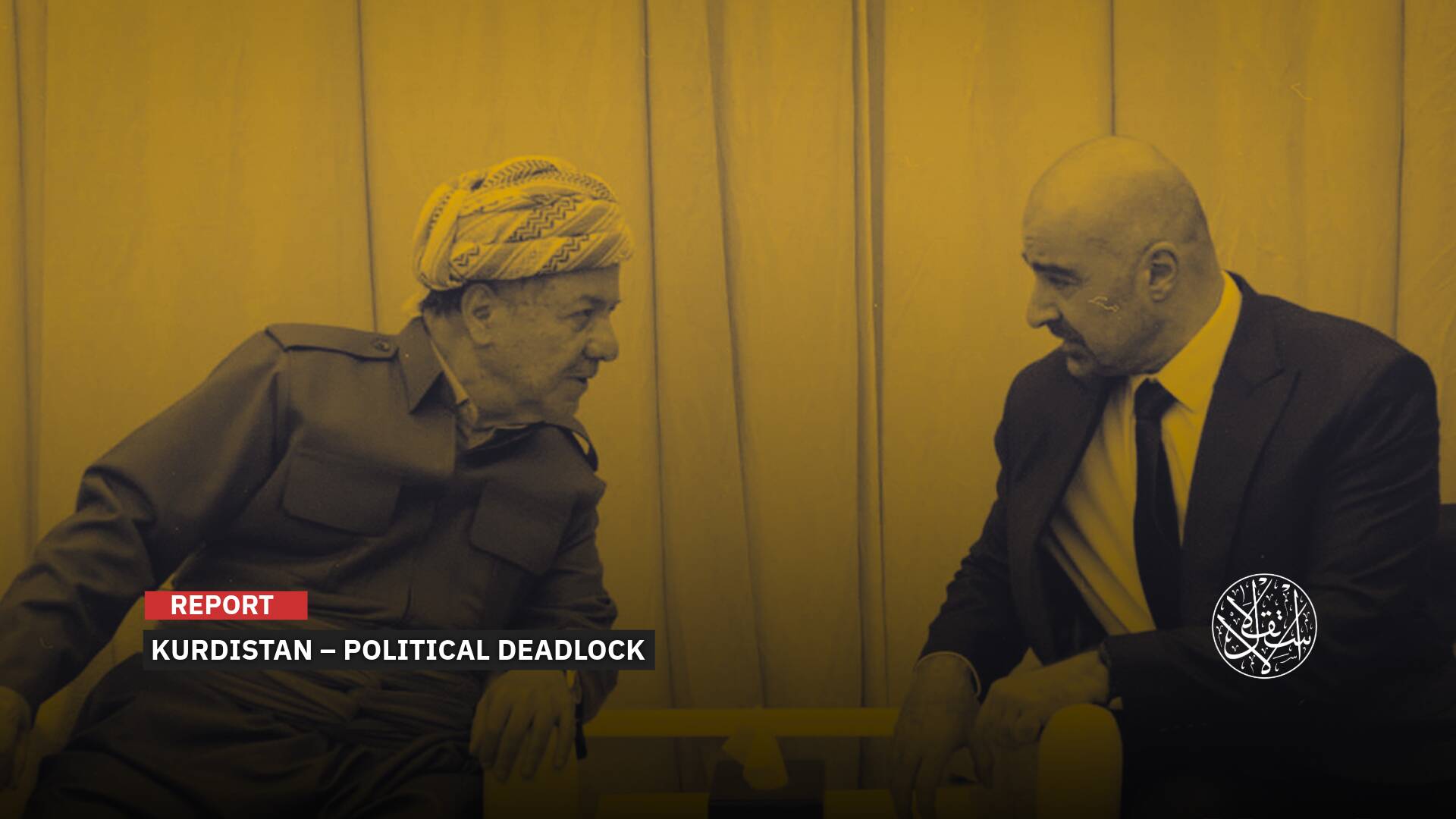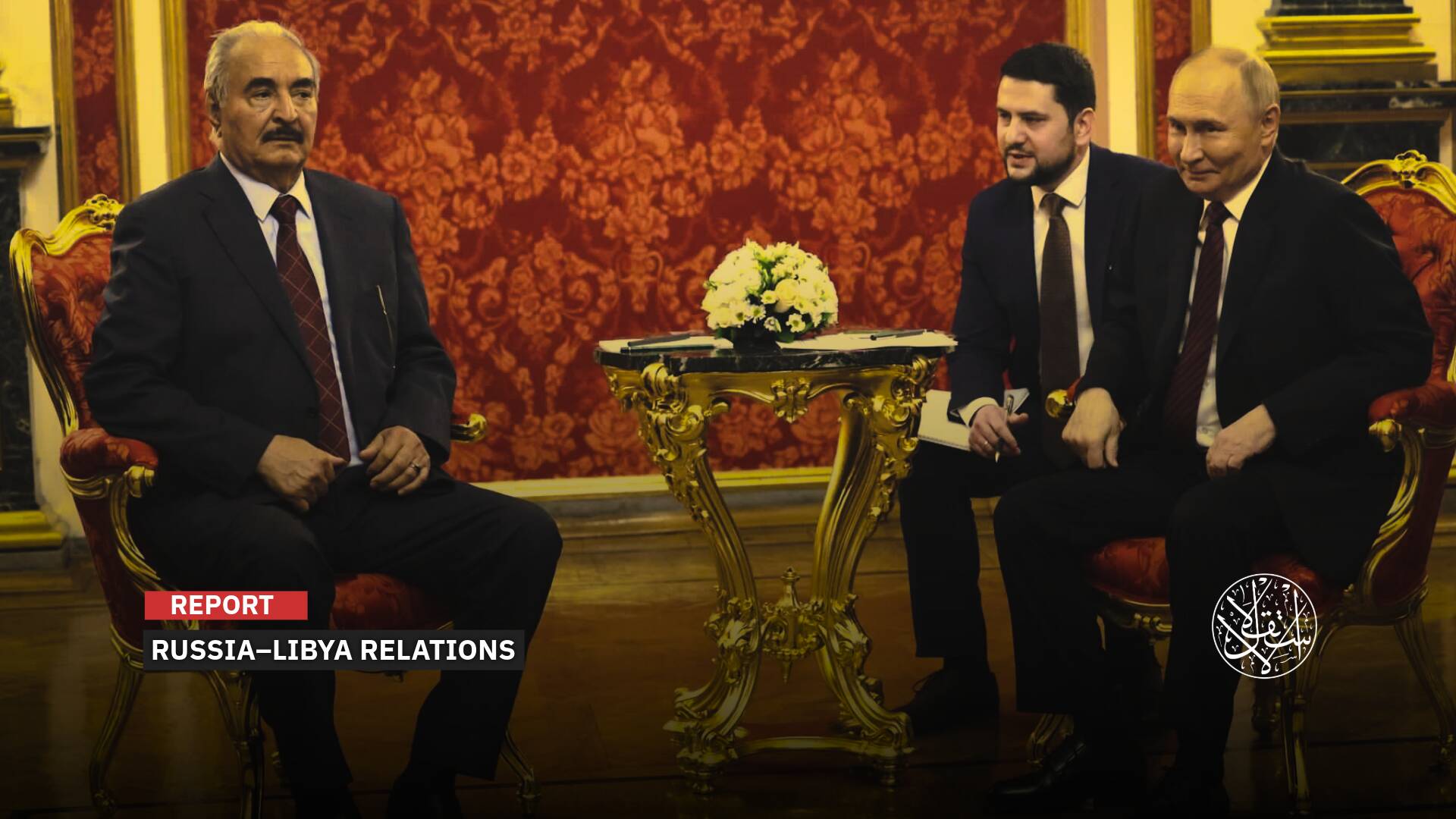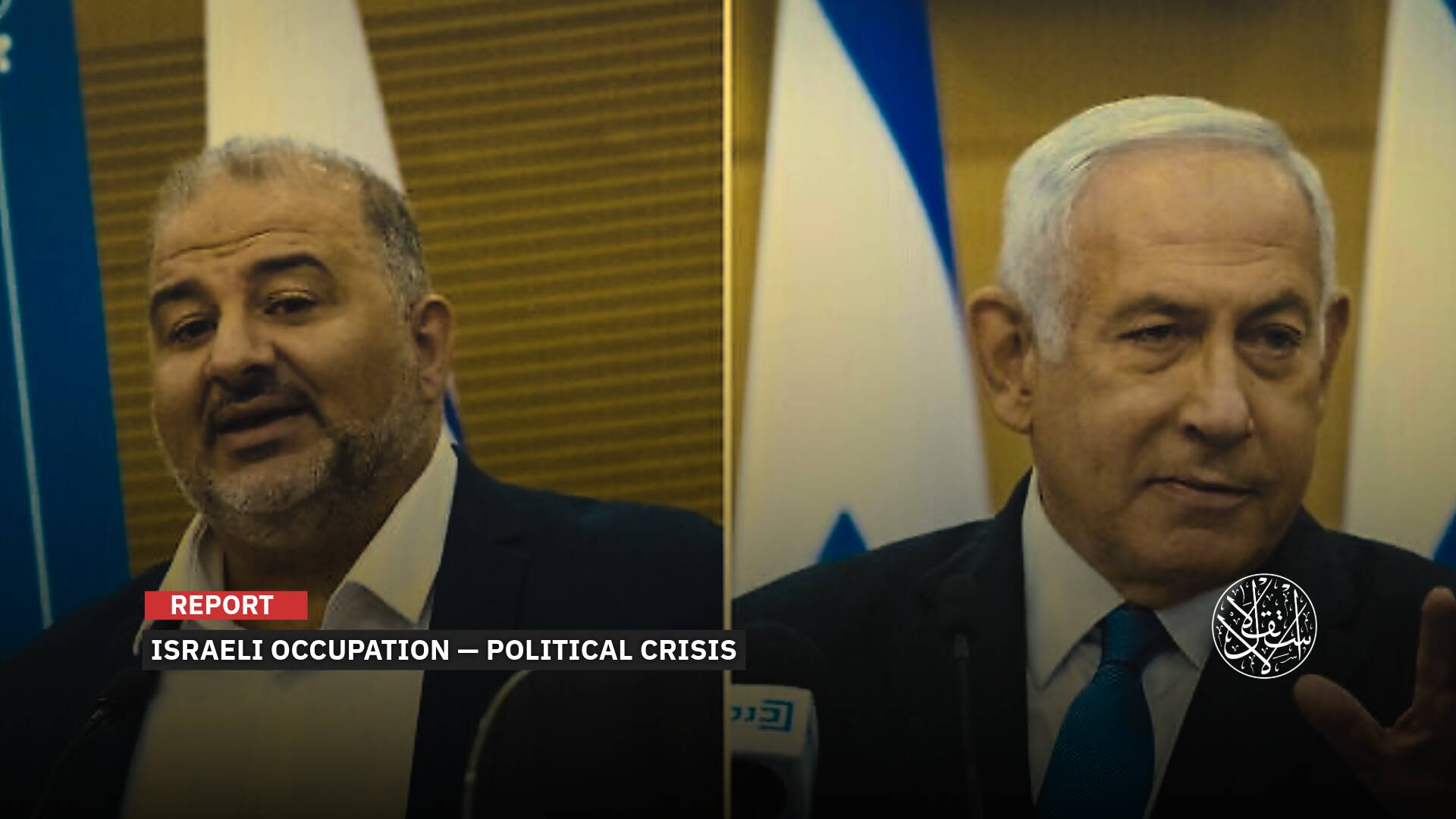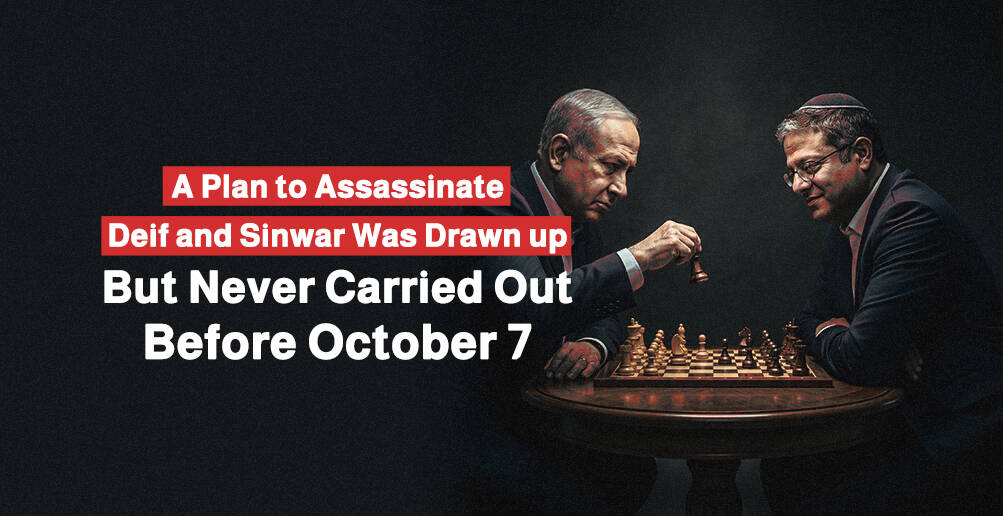Split Endorsement: Will Ultra-Nationalists Influence the Results of the Turkish Election Run-Off?

Two days after the third candidate in the first Turkish election round, Sinan Ogan, announced his siding with President Recep Tayyip Erdogan against his opposition rival in the upcoming run-off next Sunday, while the leader of Turkiye’s far-right Victory Party, Umit Ozdag, recently endorsed opposition presidential candidate Kemal Kilicdaroglu.
Ozdag said in a press conference alongside Kilicdaroglu that they agreed to return migrants in Turkiye to their countries of origin within a year after the elections.
Turkish President Erdogan confirmed a few days ago that he had not compromised with the presidential candidate, Sinan Ogan, who supported his candidacy in the second round of the presidential elections on May 28, explaining that Ankara is preparing a plan for the return of Syrian refugees to their country.
The Victory Party received 2.23% of the votes in the legislative elections, while its presidential candidate, Sinan Ogan, won 5.17% of the votes.
The first days of the second election campaign for the presidential candidates in Turkiye showed the features of new electoral rhetoric on both sides, aimed at clinging to the voters who voted for them and attracting other voters. Until the political and media rhetoric became a basis for assessing the strengths and weaknesses of each.
New Alliances
The position of the candidate of the Ancestral Alliance (ATA), who came third in the first round of the Turkish presidential elections, Sinan Ogan, when he announced his support for President Recep Tayyip Erdogan, constituted a strong impetus for the latter, with the race heating up in the run-off against opposition candidate Kemal Kilicdaroglu.
In the days that followed the announcement of the results of the first round, Turkiye witnessed a fierce race between Erdogan, who won 49.5% of the vote, and Kilicdaroglu, who obtained 44.9%, to win the support of Ogan, an ultra-nationalist anti-refugee rhetoric who has been described by analysts as a potential kingmaker in the run-off.
However, this race almost ended in favor of Erdogan, according to observers, especially after Sinan Ogan, who received 5.2% of the vote, announced his support for Erdogan.
“I ask the voters who voted for us in the first round to vote for Erdogan in the second round,” the ATA candidate said in a press conference.
During the press conference, Ogan did not address the issue of his reaching an agreement with Erdogan, but he stated that the decision to support Erdogan was based on the principle of the continuous struggle against terrorism, which is the term used in Turkiye when talking about Kurdish fighters affiliated with the Kurdistan Workers Party (PKK).
Hours after the announcement, the Turkish president appeared on the Turkish TRT channel, saying that “Ogan is well aware of the government’s firm positions regarding the country’s existential issues, such as combating terrorism and relations with the Turkish world.”
Erdogan declared his country’s support, from the outset, for the voluntary and safe return of Syrian refugees, pointing to the return of about 560,000 refugees to areas purged of terrorism (in northern Syria), and that the number will increase as more lands in Syria are cleared of terrorist organizations.
In response to a question about the existence of a specific timetable for the return of refugees, Erdogan said that after the second round of the presidential elections, a road map can be drawn up in this regard.
The ATA Alliance had previously mortgaged the issue of supporting a candidate by approving several files, the most important of which was the return of refugees to their countries and not supporting the Kurdish parties, whose name it said was linked to terrorism.
The pro-Kurdish Peoples’ Democratic Party (HDP) supported Kilicdaroglu in the presidential elections, while the Kurdish Free Cause Party (Huda-Par) supported Erdogan’s re-election.

Sharper Tone
On the other hand, the leader of the Victory Party, Umit Ozdag, announced that he had chosen to support the opposition presidential candidate, Kemal Kilicdaroglu, in the run-off, in a step opposite to his former ally Sinan Ogan, who announced his support for the current president, Recep Tayyip Erdogan, a few days ago.
The announcement of Ozdag’s step came after two meetings he held with Kilicdaroglu, and during a press statement delivered by the two parties on May 24, 2023, as reported by the Turkish newspaper Cumhuriyet.
Ozdag, a far-right politician, said that a seven-item protocol was agreed upon, the most prominent of which was to send 13 million refugees within one year, at the latest, to their country.
The politician, who had built his electoral agenda on the refugee file, continued: “I call on all those who voted for the ATA Alliance in the first round to vote for Kilicdaroglu in the second round.”
Ozdag had published a tweet before delivering the statement of support accompanied by Kilicdaroglu, in which he hinted that he would assume the post of Minister of the Interior after the opposition Nation’s Alliance candidate’s claim of power, while the Republican People’s Party (CHP) denied making such promises to Ozdag.
Two years ago, Ozdag’s name was not mentioned much, except in some statements targeting refugees, mainly Syrians.
However, from that time until now, it gradually rose, and this was linked to the upward offensive path it took regarding the refugee file.
Several Turkish officials, headed by Interior Minister Suleyman Soylu, confirmed that Ozdag lives on false propaganda regarding the number of refugees in Turkey.
At a time when he repeatedly stressed that he would return them to Syria by force, not voluntarily, he used more severe language during the recent period and at a time when preparations for the presidential and parliamentary race were in full swing.
Since the announcement of the results of the first round, the opposition leader has since introduced changes in his campaign team and has intensified his tone this week on the fate of refugees and the issue of terrorism, contrary to the calm style he adopted during his campaign for the first term, in an attempt to win over the voter base of the nationalists, according to what was reported by AFP.
In the same regard, two politicians from the Future Party and the Democracy and Progress Party published tweets in which they rejected the step taken by Kilicdaroglu by signing the support protocol with Ozdag.
Observers believe that Ozdag’s entry into the nation’s alliance line will negatively affect Kilicdaroglu, and he will pay a dear price, especially in terms of the support he receives from the Kurdish votes.
The opposition Kurdish parties responded in a joint statement by the Green Left Party and the HDP; in it, they affirmed that the decisions made by Kilicdaroglu in the protocol related to the case contradict the principles of global democracy, indicating that they will determine the position of the Kurds’ participation in today’s run-off.
The statement of the Kurdish parties indicates, according to observers, the possibility of abandoning Kilicdaroglu’s support in the second round of the presidential elections, which means that the latter may lose about 10% of the vote when compared to the votes of the Kurdish Alliance in the parliamentary elections.

The Ultra-Nationalist Voter
Anti-refugee ultra-nationalist politicians Umit Ozdag and Sinan Ogan ran in the first round of the presidential and parliamentary elections in Turkiye together under the umbrella of the ATA Alliance, but without introductions, they suddenly became at odds a few days before the start of the run-off, which is scheduled to take place on May 28.
The ATA Alliance consists of 4 right-wing ultra-nationalist parties, most notably the Victory Party and the Justice Party. However, the alliance is currently divided over support for competing candidates, especially after its two main parties announced their support for the opposition candidate.
There are other denominators related to the historical path of politicians, as Ogan was separated from the National Movement Party (Erdogan’s most prominent ally), while Ozdag’s name rose after his separation from the Good Party (IYI) (Kilicdaroglu’s most prominent ally).
The results of the first round of the May 14 race showed a great lead for the national vote, contrary to the expectations of observers and opinion poll companies, which was not limited to Ogan and Ozdag, but also included Erdogan’s allies (the Nationalist Movement Party) and Kilicdaroglu’s allies (the Good Party).
Turkish nationalists of all parties won 23% of the votes in the legislative elections that took place in conjunction with the presidential elections.
Therefore, the data indicate that the national voter will play a pivotal role in the results of the run-off, which prompted the rise of Ozdag and Ogan, the ultra-nationalist politicians who are currently divided in support between two competing candidates after their alliance was dissolved.
Ogan and Ozdag do not share the aforementioned common denominators but rather have similar behavior, and it is related to the reversal of the positions they previously launched.
Before he supported Kilicdaroglu, Ozdag had considered that the latter’s accession to power would lead to civil war in the country. The same applies to Ogan, who now supports Erdogan, an ally of the party from which he was expelled previously.
Also, Ogan had previously made statements against the current government and the ruling Justice and Development Party (AKP), which became a thing of the past after meeting Erdogan and announcing support for him.
On its part, Politico magazine considered that this division makes it difficult to predict who Sinan Ogan’s supporters will vote for.
In turn, the New York Times reported that Sinan Ogan does not have any party apparatus to mobilize his supporters and that his electoral alliance has disintegrated, pointing out that political analysts expected that the people who voted for Sinan Ogan in the first round were not among his supporters in the first place, but they voted for him in protest of Erdogan and Kilicdaroglu’s candidacy.
However, the Associated Press quoted other analysts as suggesting that Ogan’s supporters would be divided between supporting the opposition candidate, Kilicdaroglu, and not voting in the run-off, amid doubts about the tendency of all Ogan’s supporters to support Erdogan.
As for Reuters analysts, they expected that Ogan’s support for Erdogan would give a boost, but at the same time, it would divide Ogan’s supporters.
“Many nationalist voters do not agree with Kilicdaroglu’s choice to represent the opposition and did not support him,” said Berk Esen, assistant professor at Sabanci University in Istanbul.

In turn, Mahmoud Alloush, an international relations researcher, explained in a statement to Al-Estiklal that “Sinan Ogan’s support for Erdogan will bring the latter an additional step closer to a third presidential term.”
He pointed out that “Ogan’s support will bring the Turkish president about 3% as a maximum, and perhaps less than that, because this bloc is mobile, and it may probably disperse between Erdogan and Kilicdaroglu, or abstain from voting.”
“While supporting the Victory and Justice Parties will bring Kilicdaroglu about 2.4% at most, it will not be enough for him in any case,” the researcher added.
“Therefore, the possible fragmentation of the nationalist bloc, which did not support Erdogan or Kilicdaroglu in the first round, will serve Erdogan more in the run-off, because his opposition rival needs this whole bloc to improve his chances of winning,” Mr. Alloush said.
Sources
- Umit Ozdag said 'Yes' to Nation’s Alliance and Sinan Ogan supported People’s Alliance: The biggest difference! [Turkish]
- Erdogan wins endorsement for Turkish election runoff from third-place candidate Ogan
- Erdoğan wins support from Turkey’s election ‘kingmaker’
- Erdogan Secures Endorsement of Former Rival for President
- What is in the protocol signed between Umit Ozdag and Kilicdaroglu? [Turkish]












